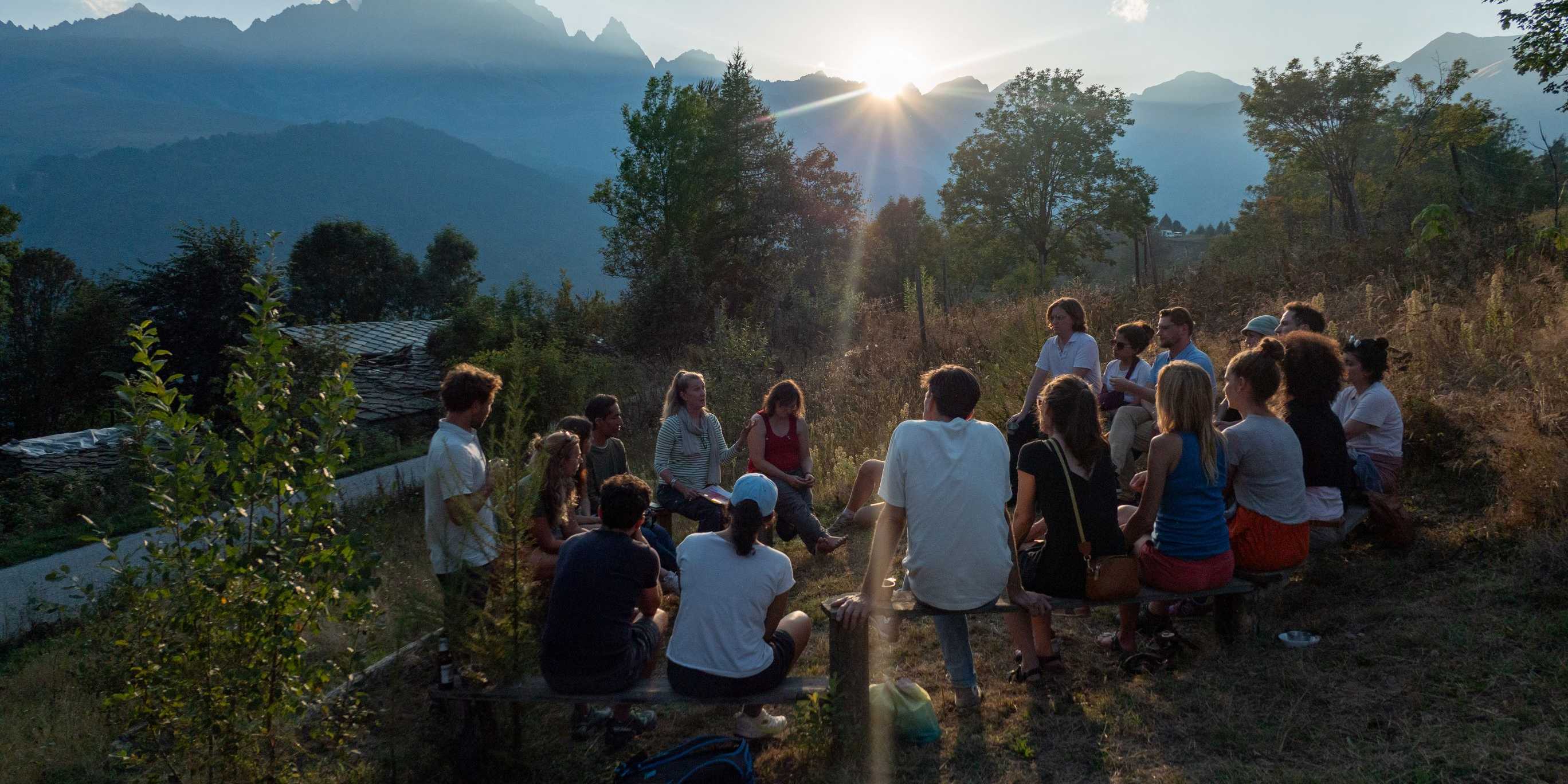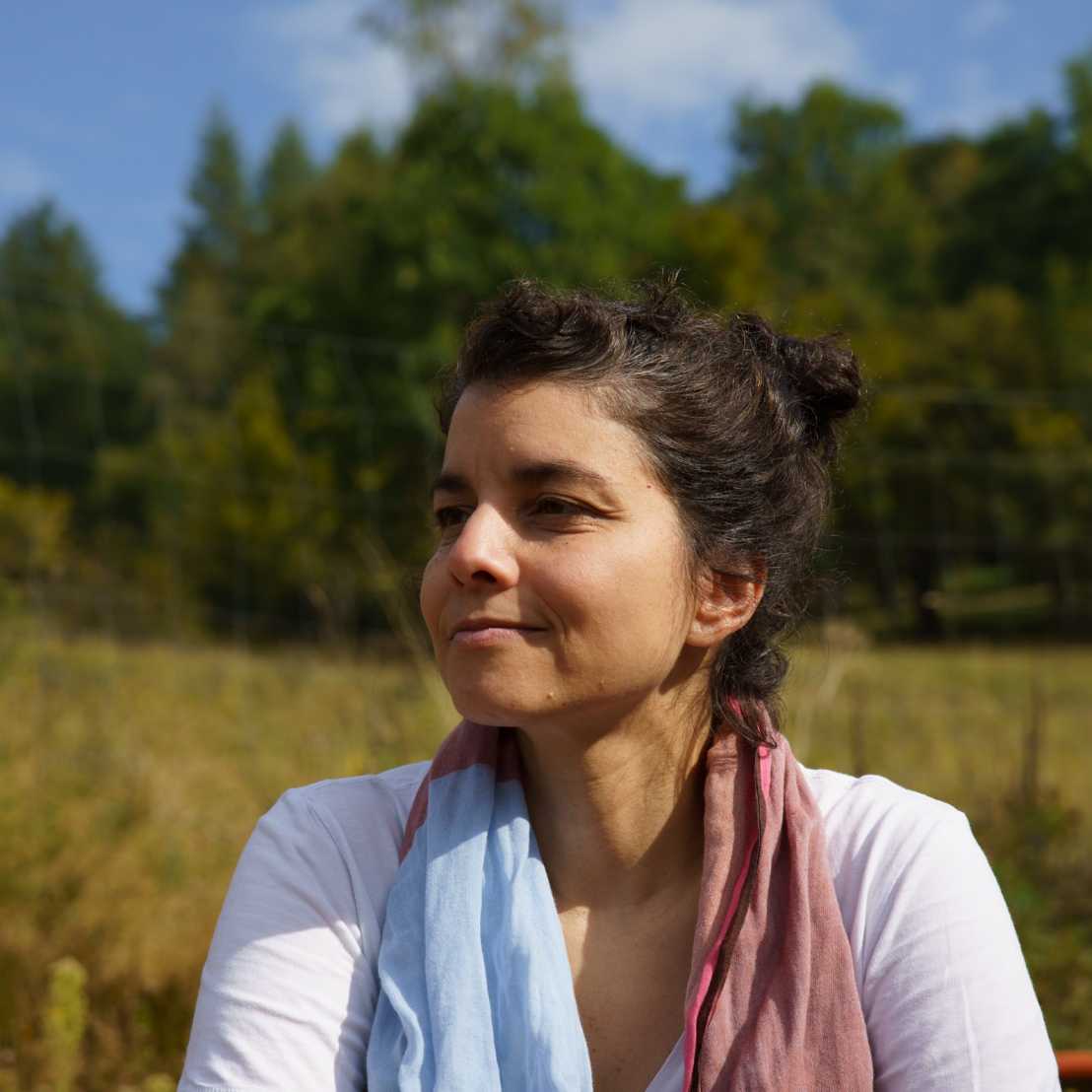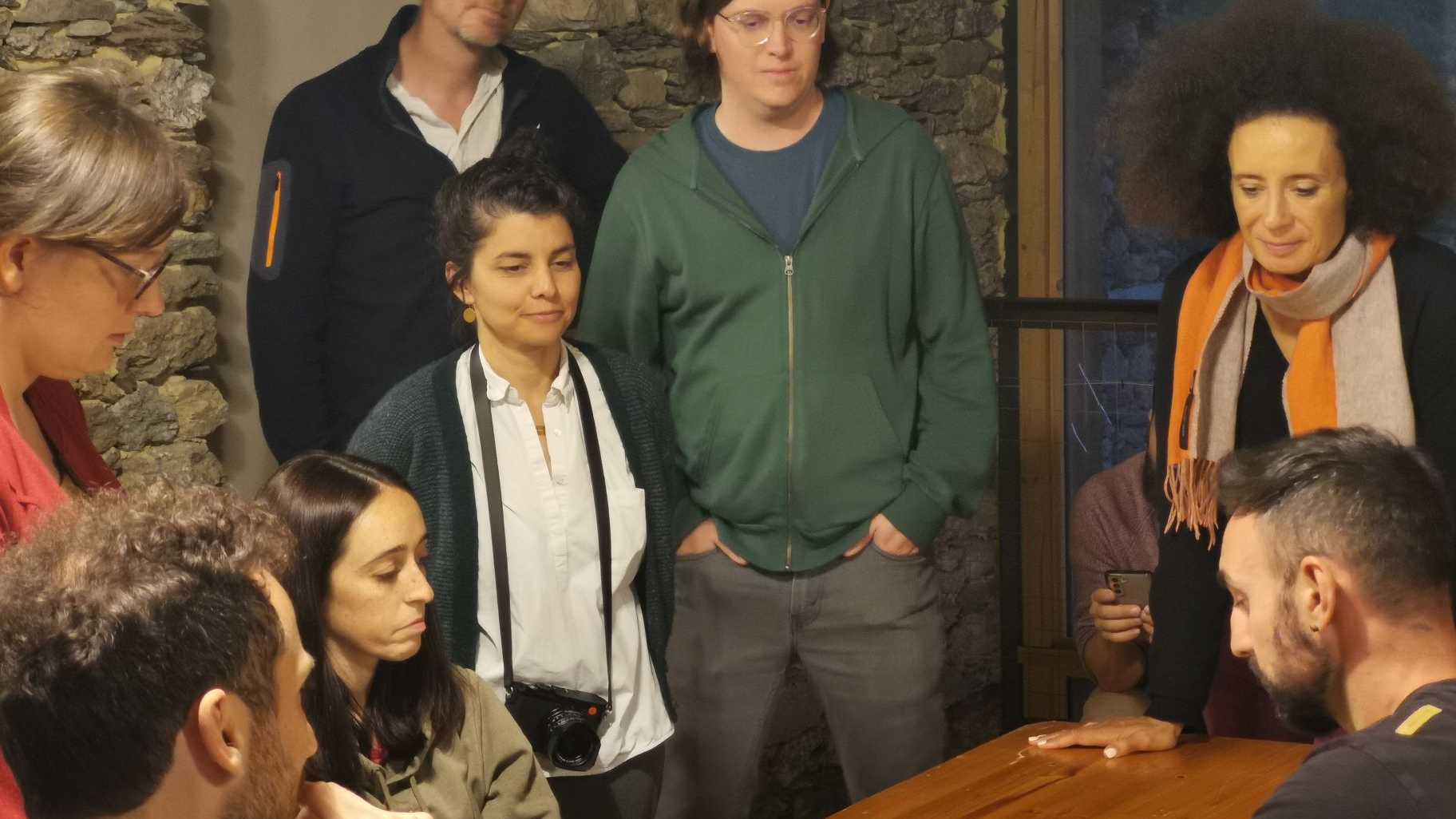
Where else can I find professionals learning in real-world praxis with scientific rigour?
Raquel Gagliano has long sought a continuing education programme that offers a holistic approach to sustainability. She finally found what she was looking for with the MAS ETH in Regenerative Systems. In this interview, the architect with a background in sustainable design tells us what makes the DRRS programme so unique in her eyes.
Interview with Raquel Gagliano

School for Continuing Education: Why are you taking part in the MAS ETH in Regenerative Systems?
Raquel Gagliano: The first CAS ETH in Regenerative Systems: Sustainability to Regeneration was an excellent experience for me. I had the entire programme in mind right from the beginning because of my trajectory. Although I am a designer with a background in bioclimatic design and sustainable design, when you are practicing sustainable design, it is incomplete, like just a piece of a larger puzzle. Carbon has been the chief indicator of environmental problems in the building sector so far. But what about soils? What about ecosystems, biodiversity, and water systems? None of that is tackled in the built environment. Europe has been very avant-garde in sustainability, but it is focusing mainly on technological solutions. And I wanted something specifically that would be more holistic, more systemic. This is what this programme provides, living systems thinking and designing that rebuilds our relationship with the natural world.
In my case, it means scaling beyond the narrow borders of architecture to landscape development and ecological restoration. You go all the way to the source, and that is when you have an impact.
Why is this holistic approach so important, no matter which profession you are working in?
You can't look at sustainability and beyond without having a holistic view. If you work on just one piece of the problem and just one scale, you will always have solutions that are not sufficient in the long term because they lack depth. We have to look at the entire system to address wicked problems. A systemic view is what's missing in the broader sustainability discourse today.
How does the DRRS programme with the MOOC series and its MAS support you in acquiring this systemic approach?
First, what I like the most about the programme is that its members are all experienced professionals who share a common vision. The programme integrates professional praxis with the scientific rigour of the ETH, and you have access to all that. Even for the MOOC series, programme director Tobias Luthe invited brilliant minds from ETH to participate, like Professor Jaboury Ghazoul from the Department of Environmental Systems Science, Alexa Firmenich from the ETH Zurich Crowther Lab, and many others.
It’s the MOOC that made me aware of Professor Ghazoul's lectures, which I attend regularly in Zurich.

Why do you feel this programme is of value to you?
So you have this brilliant scientific background of the ETH, but also it's very much geared towards praxis and professional experience. With its field trips and outside academia perspectives, this programme combines both worlds. For us professionals, having that praxis-related part is essential. I love one of the programme's claims, "research by design". Because, to me, research by design is connected to praxis. It is about increasing knowledge by repetitively doing and redoing – or, as the programme would state, "learning to unlearn to be able to relearn".
Do you have practical tips for newcomers entering the programme via CAS ETH Regenerative Materials: Beyond Systems Thinking?
Start work on your Quest, your learning compass, right away. To do so, you should have a clear goal in mind, which will guide you in developing your thesis.
Further information
- The CAS ETH in Regenerative Systems: Beyond Systems Thinking is the second out of in total three CAS, together with a MAS thesis module forming the MAS ETH in Regenerative Systems. As one precondition to apply for CAS ETH in Regenerative Systems: Beyond Systems Thinking i, MOOC#1 and MOOC#2 need to be taken or at least be started.
- Enroll in external page MOOC#2 for free and start your learning journey.
- Dig deeper and apply for the upcoming CAS ETH in Regenerative Systems: Beyond Systems Thinking.
- Find out more about designing resilient regenerative systems (DRRS).
